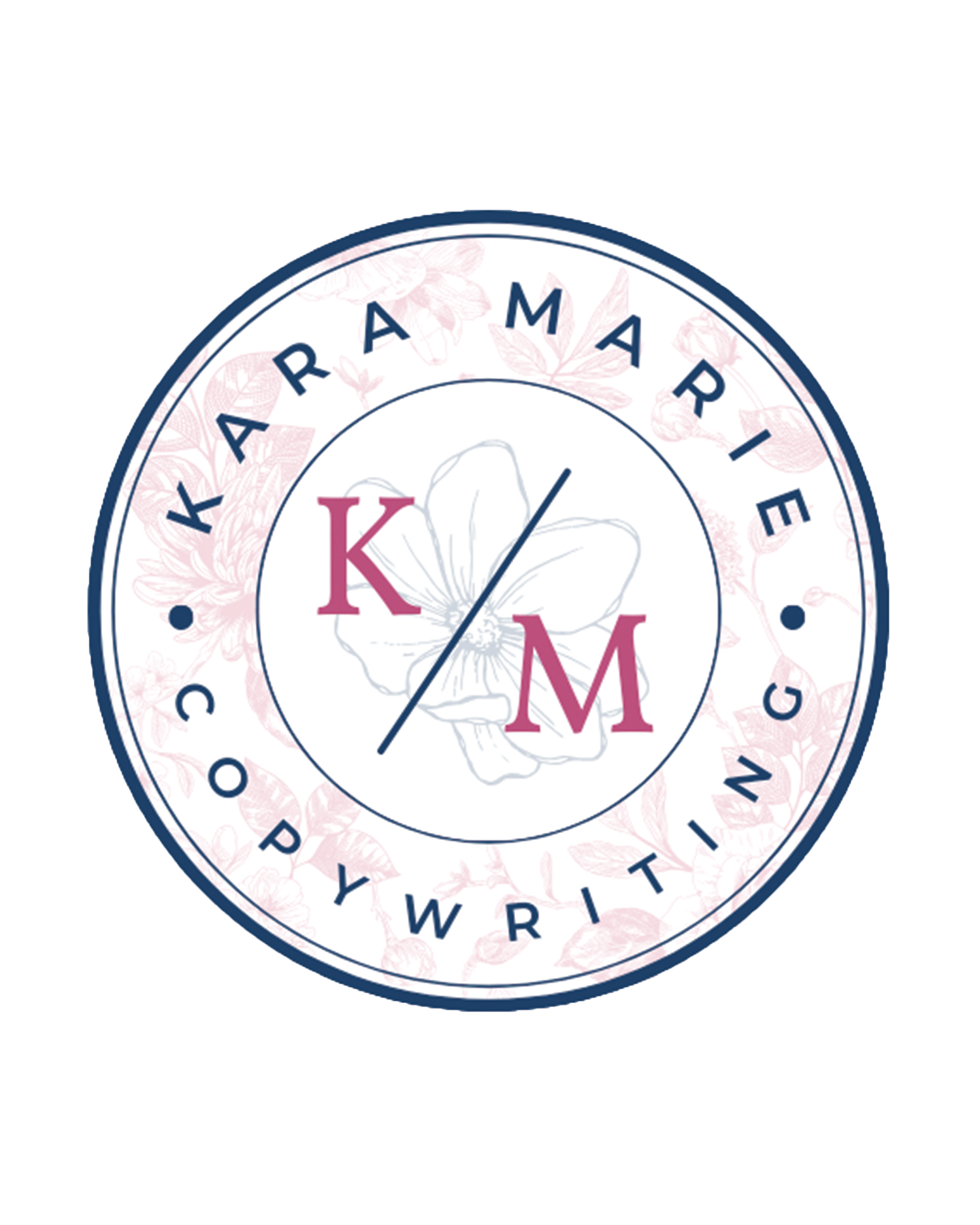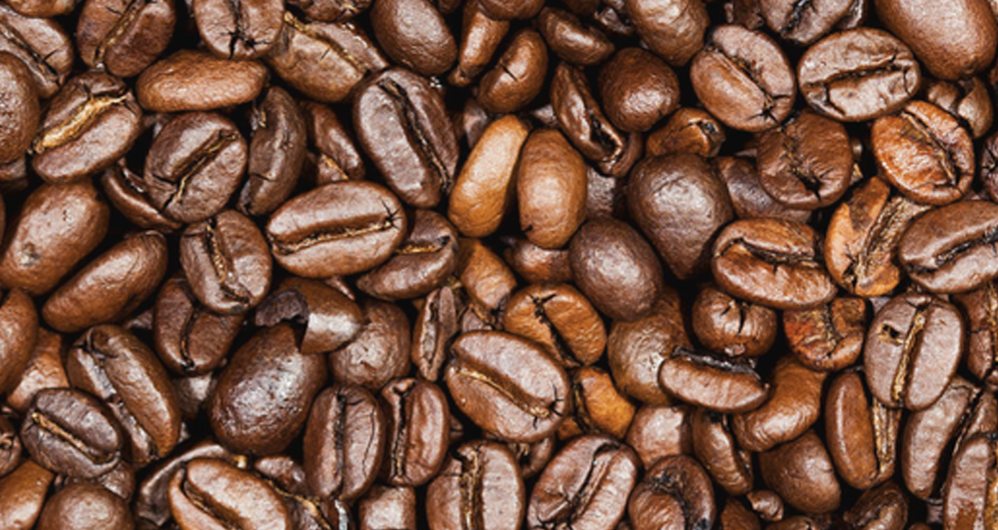Your Morning Cup of Coffee Could Be in Danger
Fairtrade Solutions Series
You. Yes, you.
The business owner who wants to implement sustainable business practices in their daily operations—or improve the ones they already have.
The consumer who cares about their carbon footprint and reducing waste.
The employee who wants to work for a company that shares their green goals and values.
I see you.
As a marketer who is passionate about sustainability, I want to share what I’ve learned through my agricultural research.
No judgement.
Oftentimes, we get stuck in our daily routines and distracted by the hustle and bustle of life. But what are we distracted from? Helping others.
This won’t apply to everyone reading this, but let’s be honest—it’s easy to focus on ourselves.
I’m guilty of this too. But I’m not just talking about helping your friends, family, or even strangers. Rather, the people we never see and will never meet.
To give you an example:
The family that will live next door 50 years from now.
Your great-great-grandkids.
A single mother halfway around the world.
Pretty random, I know, but stick with me.
Have you ever thought...
…about the impact of your food, the packaging, the processing, or the waste on the planet?
For example, a plastic straw slowly breaks down into microplastics, taking around 200 years to completely biodegrade.¹
Many people are turning to fairtrade farming, a sustainable method of agriculture helping families across the world regain independence and survive climate change.
And this form of farming might just save your morning cup of coffee.
Ah, yes. The little bean with a big impact.
Coffee used to be a luxury, but it’s now a staple in our daily lives. Although it’s grown all over the world, the Global South is where it’s most commonly cultivated. Unfortunately, this industry has a long and dark history of slavery and oppression.
“Coffee farmers earn only 7–10% of what we pay for coffee, while in Brazil, workers earn less than 2% of the price. To earn enough to survive, many children work on coffee plantations instead of going to school.”²
Workers are often not legally required to have access to education, safety equipment, or healthcare. Even if a company bans poor treatment, it can’t always guarantee a factory will stop forced labor.
Many cases of modern slavery still occur. People work to repay debts, and employers trap them in forced labor systems. Child labor is common when families serve as slaves for generations. If a family can’t afford to educate their children, work is often the only option. These conditions are unsafe and unhealthy.
So, coffee has a dark history. But how can we change that?
Coffee is the leading industry in Fairtrade certifications.
Fairtrade offers fair prices, environmental action, and community support to farming families in developing countries.
“Among Fair Trade-certified products, coffee is the largest product category.”³
These farmers market their harvests through long-term contracts with international buyers. They learn how to manage their business and compete in the global marketplace. By receiving fair prices, farmers can afford healthcare and education for their families.⁴
Fairtrade farming doesn’t rely on aid. Instead, trade is a tool of empowerment, helping farmers climb out of poverty. It creates more profitable, sustainable businesses that benefit all parties involved.
Globally, 1.9 million farmers and workers are Fairtrade-certified.⁵ This certification allows farmers to control their lives and careers, giving them more say in how they invest in their futures.
Producers have a strong voice and are a force of change at every level of fairtrade. They can even influence global decision-making.
To sum up, fairtrade:
Allows workers and farmers to have more say over where they invest their time and resources.
Implements sustainable farming methods to combat climate change.
Fights for fair pay for farmers and workers.
Offers better terms to producers.
Helps lift producers in developing countries out of poverty.
Ensures a safe and healthy work environment for workers and livestock.
Supports local communities and works to improve their quality of life.
But is fairtrade good for the economy?
Yes.
Recently, the fair-trade coffee industry has grown, driven by Western consumers who are willing to pay more for coffee made under fair-trade practices.⁶ These products are in high demand and more resilient to price changes.
Here are some economic benefits of fairtrade farming:
Empowers communities to form connections and improve their supply chain position, allowing them to negotiate better prices.
Improves access to agricultural services such as organic training and premium markets—this helps farmers improve yields and increase sales.
More money through the Fairtrade Premium supports better farming, cooperatives, and local investments.
The Fairtrade Minimum Price ensures farmers have a stable income and can avoid poverty.
“Recent studies show that people want fair trade more than conventional products.”
— The National Bureau of Economic Research
So, What Can You Do?
It’s easy to feel powerless in the face of global issues like poverty, climate change, and exploitation. But the choices we make every day—yes, even something as small as the coffee we buy—can drive meaningful change.
When you choose fairtrade coffee, you’re doing more than enjoying a quality cup. You’re:
Supporting farmers’ rights and fair pay.
Investing in sustainable agriculture.
Fighting against child labor and unsafe working conditions.
Empowering communities around the world to build better futures.
You’re casting a vote for the kind of world you want to live in.
So the next time you reach for your morning brew, ask yourself:
“Is this just coffee—or is this a catalyst for change?”
Because change doesn’t start with governments or corporations.
It starts with you.
Sources
Tembo Paper. “Plastic Straws and the Environment: What Is the Impact?” https://www.tembopaper.com/news/plastic-straws-and-the-environment-what-is-the-impact
Food Empowerment Project. “Our Food Choices: Coffee.” https://foodispower.org/our-food-choices/coffee/
National Bureau of Economic Research (NBER). “Economics of Fair Trade.” NBER Reporter, 2019 Number 2. https://www.nber.org/reporter/2019number2/economics-fair-trade
Fairtrade Foundation. “Facts and Figures About Fairtrade.” https://www.fairtrade.org.uk/what-is-fairtrade/facts-and-figures-about-fairtrade/
Business Wire. “Green Mountain Coffee® and Grammy® Winner Kelly Clarkson Team Up to Shine Spotlight on Fair Trade.” BusinessWire, Sept. 16, 2013. https://www.businesswire.com/news/home/20130916006150/en/Green-Mountain-Coffee®-and-Grammy®-Winner-Kelly-Clarkson-Team-Up-to-Shine-Spotlight-on-Fair-Trade







